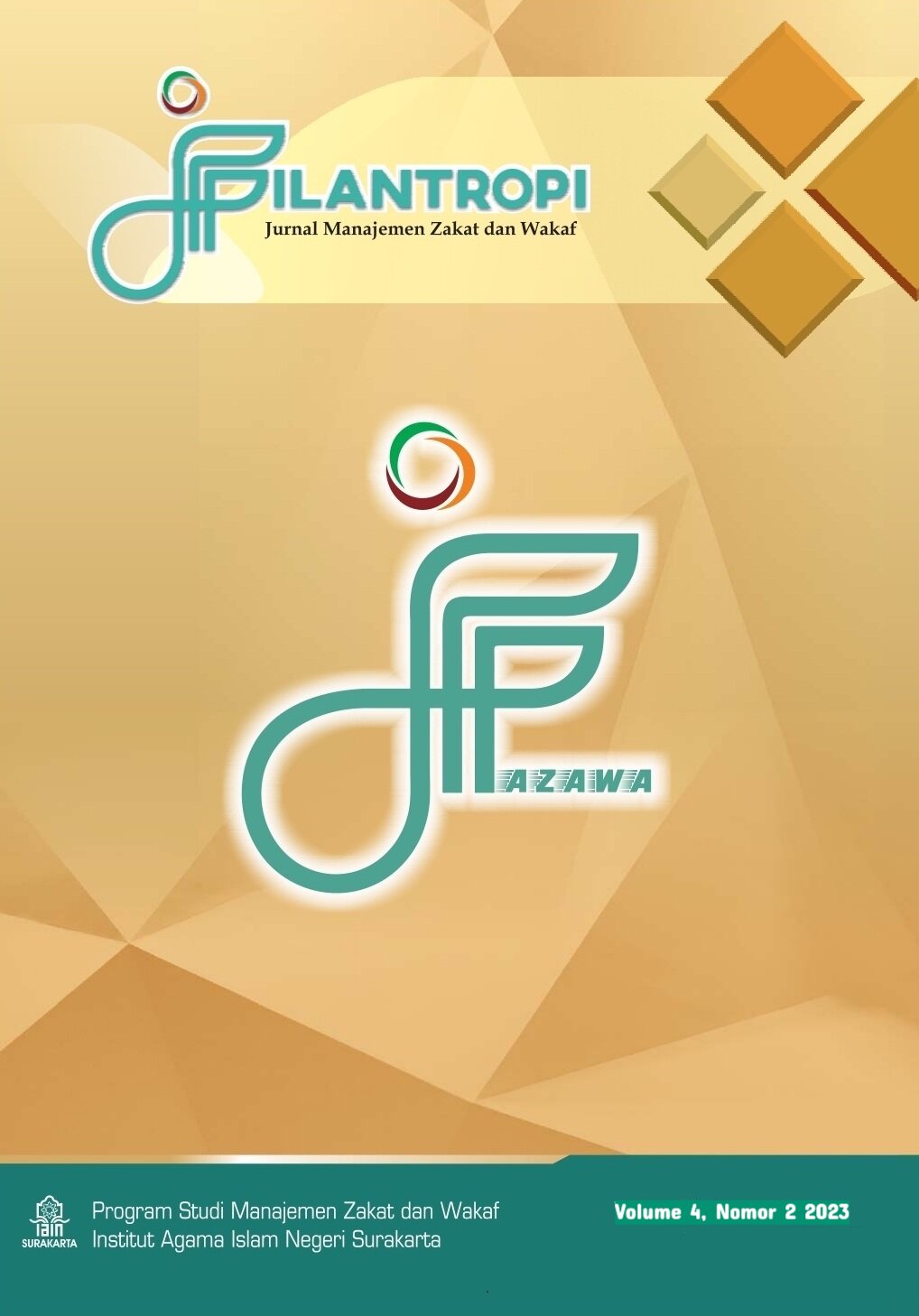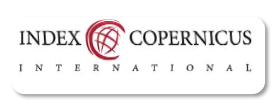THE BENEFITS OF ZAKAT IN MITIGATING FINANCIAL DISTRESS: EVIDENCE FROM INDONESIAN SHARIAH BANKS
DOI:
https://doi.org/10.22515/finalmazawa.v4i2.7218Keywords:
Corporate Performance; Banking, Profitability; Profit-loos Sharing; Financial Accounting.Abstract
The primary objective of this study is to examine the relationship between zakat and financial distress within the context of Islamic banking. The research methodology employed in this study involves employing linear regression analysis based on data extracted from the annual reports of Islamic banks in Indonesia spanning the years 2015 to 2019. The findings indicate that zakat constitutes a significant variable capable of mitigating the financial distress experienced by Islamic banking institutions in Indonesia. The findings of this study offer valuable practical and empirical insights. On the empirical front, this research provides evidence that supports the reliability and effectiveness of the Springate Model in predicting financial distress. By demonstrating the model's robustness, this study contributes to the empirical literature in the field. On the practical side, the study offers practical considerations and implications for bankers and financial professionals. Specifically, it highlights the significance of monitoring and analyzing key financial ratios as a proactive measure to anticipate and address potential financial threats within their respective firms. These practical insights can inform decision-making processes and help banking professionals take appropriate actions to safeguard their institutions against financial distress.
Downloads
References
Abd. Wahab, N., Zainol, Z., & Abu Bakar, M. (2017). Towards developing service quality index for zakat institutions. Journal of Islamic Accounting and Business Research, 8(3), 326–333. https://doi.org/10.1108/JIABR-09-2015-0040
Antonio, M. S., Sanrego, Y. D., & Taufiq, M. (2012). An Analysis of Islamic Banking Performance: Maqashid Index Implementation in Indonesia and Jordania. Journal of Islamic Finance, 1(1), 012–029. https://doi.org/10.15604/ejef.2017.05.01.008
Djaghballou, C. E., Djaghballou, M., Larbani, M., & Mohamad, A. (2018). Efficiency and productivity performance of zakat funds in Algeria. International Journal of Islamic and Middle Eastern Finance and Management, 11(3), 474–494. https://doi.org/10.1108/IMEFM-07-2017-0185
Edi, E., & Tania, M. (2018). Ketepatan Model Altman, Springate, Zmijewski, Dan Grover Dalam Memprediksi Financial Distress. Jurnal Reviu Akuntansi Dan Keuangan, 8(1), 79. https://doi.org/10.22219/jrak.v8i1.28
Javaid, S., & Al-Malkawi, H. A. N. (2018). Corporate social responsibility and financial performance in Saudi Arabia: Evidence from Zakat contribution. Managerial Finance, 44(6), 648–664. https://doi.org/10.1108/MF-12-2016-0366
Khadija, B. M. K., Hamzah, Z. L., Daud, M. Z., & Johari, F. (2017). Managing the Institution of Zakat: Case Study of Muallaf in Selangor, Malaysia. Advances in Islamic Finance, Marketing, and Management. https://doi.org/10.1108/9781786358981
Nahar, H. S. (2018). Exploring stakeholders’ views on a corporatized zakat institution’s management performance. International Journal of Ethics and Systems, 34(4), 608–631. https://doi.org/10.1108/ijoes-08-2018-0115
Noor, A. H. M., Rasool, M. S. A., Ali, R. M. Y. S. M., & Rahman, R. A. (2015). Efficiency of Islamic Institutions: Empirical Evidence of Zakat Organizations’ Performance in Malaysia. Journal of Economics, Business and Management, 3(2), 282–286. https://doi.org/10.7763/joebm.2015.v3.195
Oladimeji Abioye Mustafa, M., Har Sani Mohamad, M., & Akhyar Adnan, M. (2013). Antecedents of zakat payers’ trust in an emerging zakat sector: An exploratory study. Journal of Islamic Accounting and Business Research, 4(1), 4–25. https://doi.org/10.1108/17590811311314267
Rahman, S. (2015). Zakat on Retirement and Pension Plans. International Journal of Islamic and Middle Eastern Finance and Management, 8(3).
Raimi, L., Patel, A., & Adelopo, I. (2014). Corporate social responsibility, Waqf system and Zakat system as faith-based model for poverty reduction. World Journal of Entrepreneurship, Management and Sustainable Development, 10(3), 228–242. https://doi.org/10.1108/wjemsd-09-2013-0052
Rizki, M. K., Agriyanto, R., & Farida, D. N. (2019). The Effect of Sustainability Report and Profitability on Company Value: Evidence from Indonesian Sharia Shares. Economica: Jurnal Ekonomi Islam, 10(1), 117. https://doi.org/10.21580/economica.2019.10.1.3747
Sanusi, N. A., Talattov, A. G., Kusairi, S., & Nor, A. H. S. M. (2018). Modeling of Zakat in the capital structure theory. Journal of Fundamental and Applied Sciences, 9(6S), 900. https://doi.org/10.4314/jfas.v9i6s.67
Shibani, O., & De Fuentes, C. (2017). Differences and similaritites between corporate governance principles in Islamic banks and Conventional banks. Research in International Business and Finance, 42, 1005–1010. https://doi.org/10.1016/j.ribaf.2017.07.036
Wahab, N. A., Rahim, A., & Rahman, A. (2011). A Framework to Analyse the Efficiency and Governance of Zakat Institutions. Journal of Islamic Accounting and Business Research, 2(1), 43–62. https://doi.org/10.1108/17590811111129508
Downloads
Submitted
Accepted
Published
How to Cite
Issue
Section
License
Copyright (c) 2023 Farida, Bayu Sindhu Raharja

This work is licensed under a Creative Commons Attribution-ShareAlike 4.0 International License.




















